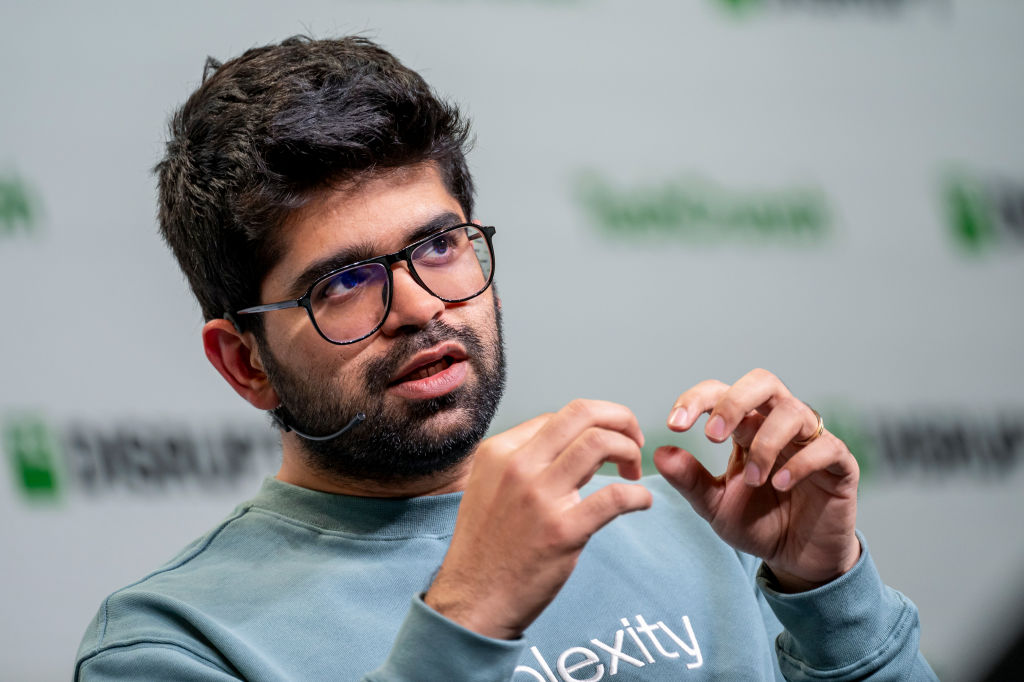In a significant development within the tech industry, Epic Games, the creator of the popular game Fortnite, has reached a settlement with Samsung Electronics, concluding an antitrust lawsuit that centered on app distribution practices on Samsung devices. This legal action, initiated in September 2024, accused Samsung of collaborating with Google to suppress competition from third-party app stores, thereby reinforcing Google’s dominance in the Android app distribution market.
Background of the Lawsuit
The crux of Epic Games’ lawsuit was Samsung’s implementation of the Auto Blocker feature. Introduced in October 2023 as an optional security measure, Auto Blocker was designed to prevent the installation of applications from unauthorized sources, ostensibly to protect users from potential security threats. However, in July 2024, Samsung altered the feature’s default setting to on, effectively restricting users from downloading apps outside of the Google Play Store and Samsung’s Galaxy Store unless they manually disabled the feature. Epic Games contended that this change was a coordinated effort between Samsung and Google to stifle competition from alternative app stores, including Epic’s own platform.
Epic Games’ Allegations
Epic Games argued that the default activation of Auto Blocker imposed significant barriers for users attempting to install apps from third-party sources. The company highlighted that users faced a cumbersome 21-step process to disable the feature and install apps from outside the authorized stores. This, Epic claimed, was a deliberate strategy to deter users from exploring alternative app distribution platforms, thereby entrenching Google’s monopoly over Android app distribution.
Samsung’s Response
In response to the allegations, Samsung maintained that the Auto Blocker feature was developed in line with its core principles of security, privacy, and user control. The company emphasized that the feature was designed to protect users from malicious applications and that users retained the option to disable it if they chose to install apps from other sources. Samsung expressed its intention to vigorously contest Epic Games’ claims, asserting that its practices were aimed at enhancing user security rather than suppressing competition.
Settlement and Implications
The recent settlement between Epic Games and Samsung marks the conclusion of this particular legal battle. While the specific terms of the settlement have not been disclosed, Epic Games’ CEO, Tim Sweeney, announced the dismissal of the lawsuit following discussions between the two companies. Sweeney expressed gratitude that Samsung would address Epic’s concerns, suggesting that the settlement may lead to changes in Samsung’s app distribution policies or the implementation of measures to facilitate third-party app installations.
Broader Context and Ongoing Legal Battles
This settlement is part of a broader series of legal challenges initiated by Epic Games against major tech companies over app distribution practices. Prior to the lawsuit against Samsung, Epic Games achieved a significant legal victory against Google in 2023. A federal jury found that Google’s practices related to its Play Store were anticompetitive, harming both consumers and developers. The court ordered Google to open its Android operating system to allow rival app stores and payment systems to compete with the Google Play Store. Google has appealed this ruling, and the outcome of the appeal is still pending.
Impact on the Tech Industry
The resolution of the lawsuit between Epic Games and Samsung may have far-reaching implications for the tech industry, particularly concerning app distribution practices and the control exerted by major platform operators. The case highlights the ongoing tension between large tech companies and developers seeking a more open and competitive app distribution environment. It also underscores the importance of user choice and the need for transparent policies that do not unduly restrict competition.
Conclusion
The settlement between Epic Games and Samsung brings an end to a contentious legal dispute over app distribution practices on Samsung devices. While the specific terms of the settlement remain confidential, the resolution suggests a potential shift towards more open app distribution policies. This development is a significant chapter in the ongoing discourse on competition, user choice, and the dynamics of the tech industry.



